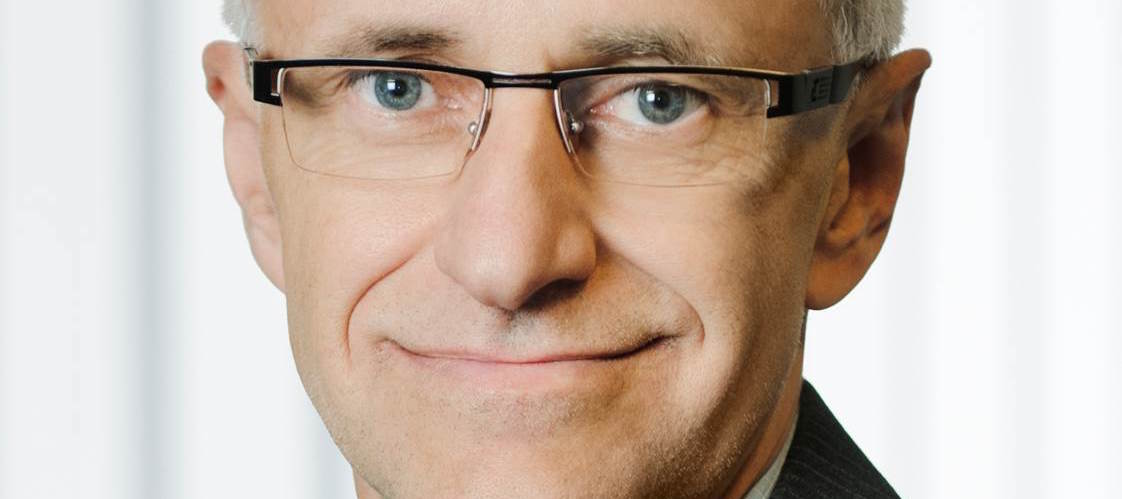
6 Questions for Paul Lanoie: on untapped opportunities, ecofiscal pricing and how Canada compares

“If you put two economists in a room, you get two opinions, unless one of them is Lord Keynes, in which case you get three.” So said Winston Churchill. So what happens when you put 12 leading economists in a room and ask them to focus on one of the biggest challenges of our time: growing economic and environmental prosperity in Canada? You get Canada’s Ecofiscal Commission. This Commissioner blog series gives you a glimpse into the diverse personalities and perspectives behind our work — and what it takes to wrestle through the big issues together.
- As a professor at HEC Montreal, you specialize in environmental economics. What attracted you to this field?
It was a matter of chance. I did my thesis on the economic aspects of workplace health and safety, and the guy in the office next to me was doing a thesis on environmental economics. We often had discussions, and I found his subject more exciting than mine. So when I finished my thesis, I started doing research with him. It’s still a relatively new area where research can move things more quickly towards a “better” society.
- How does Canada compare to the rest of the world when it comes to implementing ecofiscal policies?
In Europe, they have used ecofiscal measures for more than 15 years. Here, it’s taking longer to make inroads. Only one per cent of our GDP comes from ecofiscal revenues, making us one of the countries that does the least.
Here in Quebec, we have few water meters. We have no road charges; there are only two toll bridges. There is no garbage pricing. On top of that, it seems to me that the price of electricity is undervalued. So I think there is a lot of progress that has to be made.
- So you see opportunities to use ecofiscal policies in Canada and in Quebec?
Of course. As I said, in Quebec the cost of electricity is really too low — twice as low as in Toronto and three times as low as in New York. As a result, there is an enormous amount of electricity wasted here. If we brought the prices to a level that better reflected the real cost, we could reduce our consumption and export more to Ontario, New Brunswick and New England. And the great advantage of that is that electricity in Quebec is clean: more than 95 per cent comes from hydroelectricity or wind energy. With that increase in government revenue, we could reduce sales taxes or other taxes — income taxes are very high in Quebec.
- We often hear how Canada lags behind many other countries in terms of productivity and innovation. Can ecofiscal policies make a difference?
Essentially, ecofiscal policies allow you to increase green taxes and decrease corporate taxes. That means companies can invest more in research and development. Using data from the OECD, I did a study that showed that, in countries that rely more on eco-taxes than on environmental regulations, there was more green innovation.
- Can you point to particularly successful examples of ecofiscal measures that have been implemented in Quebec?
In Quebec, we have some of the highest gasoline prices in North America. The government didn’t do that for environmental reasons — they were looking for revenues — but it turned out well. Among other things, Quebeckers choose less gas-guzzling cars than the rest of North America, and we use more public transit. Another good example is that we are one of the first jurisdictions in North America to have a cap-and-trade system for carbon.
- What do you hope to achieve as an Ecofiscal Commissioner?
I’m more advanced in my career as a professor, so I have a little less need to prove myself by in terms of publications. So if I can put more energy into creating tangible changes, why not? I’ve arrived at a stage in my career where I can use the experience that I have to try to improve society, at least to a modest degree.
About the Author
Paul Lanoie is a professor at HEC Montréal, in the Department of Applied Economics, as well as a Commissioner of Canada’s Ecofiscal Commission.




Comments are closed.